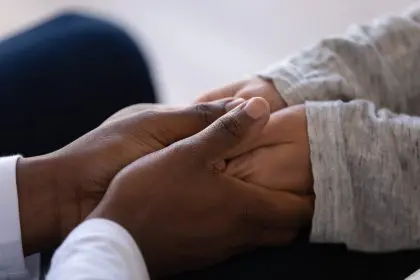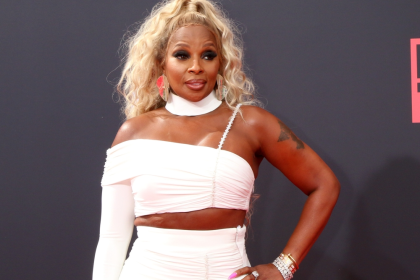Navigating the complexities of dating can be challenging, especially when you develop genuine feelings for someone, but the romantic aspect doesn’t pan out. It’s a common dilemma, and knowing how to handle this situation can make a significant difference in maintaining a positive relationship, even if it’s not the one you initially envisioned. Here’s a comprehensive guide on what to do when dating someone doesn’t work out but you still like them.
Understanding your feelings
Acknowledge your emotions
The first step in dealing with a romantic disappointment is to acknowledge your emotions. It’s natural to feel a mix of sadness, frustration and confusion. Give yourself the time to process these feelings rather than suppressing them.
Differentiate between romantic and platonic feelings
Take a step back and assess whether your feelings for them are purely romantic or if they can evolve into a strong platonic relationship. Sometimes, what starts as romantic interest can transition into a deep, meaningful friendship.
Communicate openly
Have an honest conversation
If the relationship didn’t work out, it’s crucial to have an open and honest conversation with them. Express your feelings and discuss the possibility of remaining friends. Clear communication can prevent misunderstandings and pave the way for a healthy friendship.
Set boundaries
While transitioning from a romantic relationship to a platonic one, setting boundaries is essential. Discuss and agree on what is comfortable for both of you to avoid any potential discomfort or mixed signals in the future.
Fostering a friendship
Give it time
Allow some time for both of you to adjust to the new dynamic. Jumping straight into a friendship without a break might be challenging. Taking a short break from frequent communication can help both parties reset and approach the friendship with a fresh perspective.
Find common interests
Focus on the common interests and activities that brought you together initially. Engaging in shared hobbies and activities can strengthen your bond and make the transition to friendship smoother.
Support each other
Being supportive and present for each other is the cornerstone of any strong friendship. Offer your support and be there for them, just as you would expect them to be there for you. This mutual support can solidify your friendship over time.
Dealing with potential challenges
Managing jealousy
If either of you starts dating other people, feelings of jealousy might arise. It’s essential to manage these feelings maturely and not let them affect your friendship. Remember, your goal is to maintain a healthy, platonic relationship.
Addressing unresolved feelings
If unresolved romantic feelings persist, it might be necessary to re-evaluate the friendship. It’s important to be honest with yourself and with them. If the friendship is causing more emotional distress than joy, it might be best to take a step back.
Moving forward
Focus on personal growth
Use this experience as an opportunity for personal growth. Reflect on what you’ve learned about yourself and your relationship preferences. This self-awareness can be beneficial for future relationships, both romantic and platonic.
Expand your social circle
While nurturing this new friendship, it’s also important to expand your social circle. Meeting new people and forming new connections can help you move on and reduce the emotional dependency on one person.
Stay positive
Maintaining a positive outlook is crucial. Relationships — whether romantic or platonic — can teach us valuable life lessons. Focus on the positive aspects of your connection and the joy of having them as a friend.
Negotiating lopsided romantic feelings
Dating doesn’t always lead to the romantic relationship we hope for, but that doesn’t mean the end of a meaningful connection. By acknowledging your emotions, communicating openly, setting boundaries and focusing on building a strong friendship, you can transform a romantic disappointment into a rewarding platonic relationship. Remember, every relationship teaches us something valuable; with the right approach, you can maintain a positive and enriching friendship with someone you truly like.
Navigating this transition can be challenging, but with patience, honesty and mutual respect, it’s entirely possible to foster a friendship that brings joy and support to both your lives. Embrace the journey and cherish the bond you have, even if it’s not in the form you initially imagined.
This story was created using AI technology.














